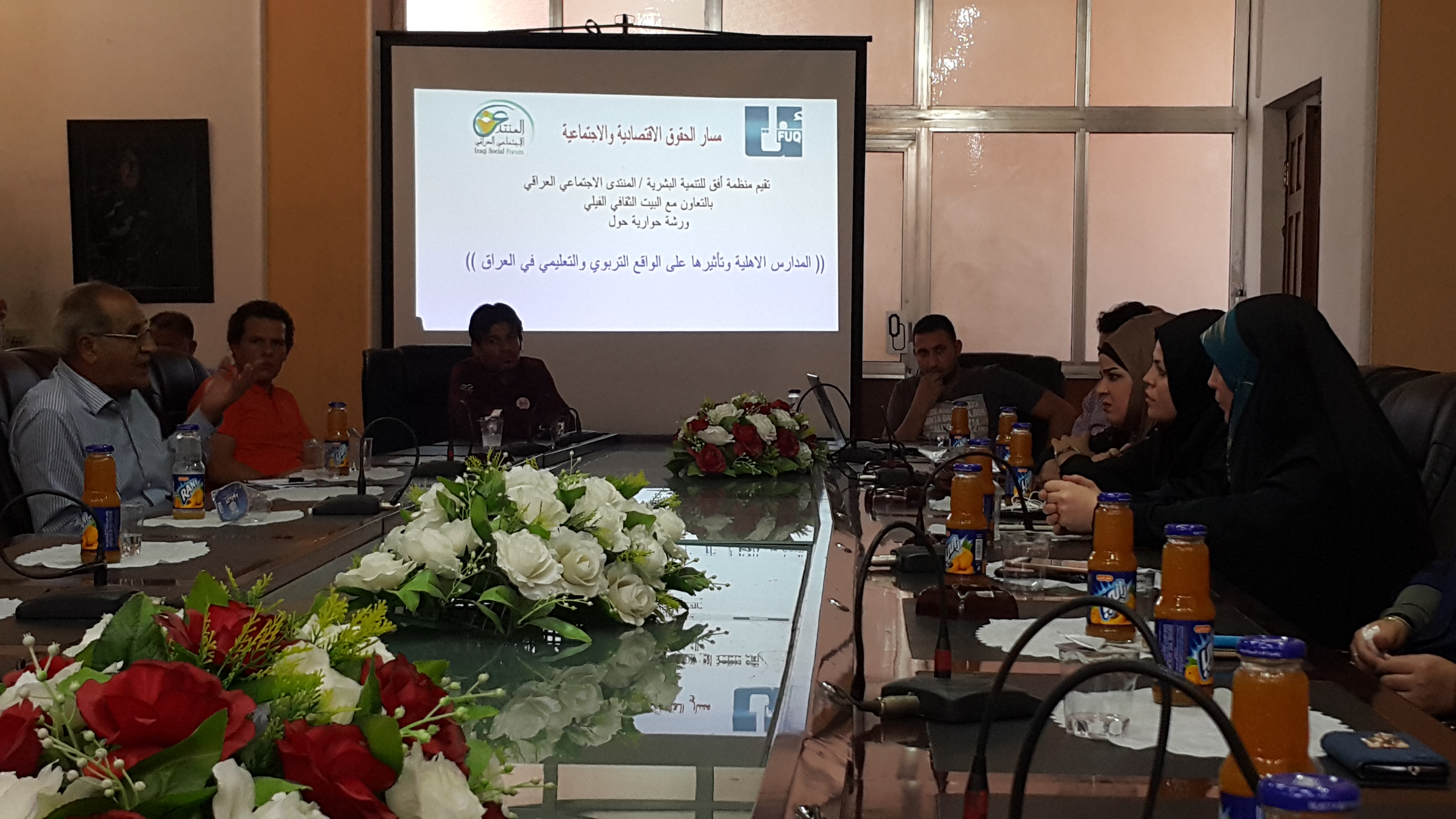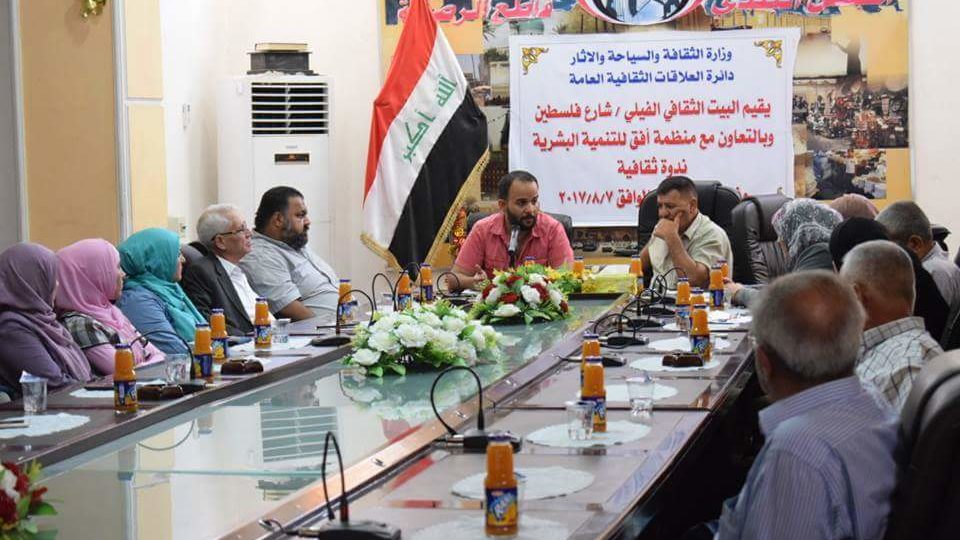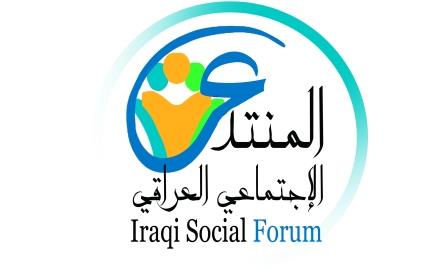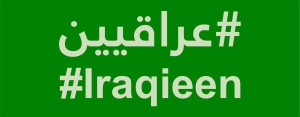The Perils of Private Education: A Seminar by the Ofok Organization and the ISF

By Ofok Organization and ICSSI Secretariat – 22 August 2017
On 7 August 2017, the Ofok Organization for Human Development organized a seminar entitled “Private schools and their impact on education in Iraq”, for a number of educators and others interested in education issues.
During the session, the discussions focused on the positive and negative aspects of private education. One positive effect private schools can have on the development of education in the country is the fact that they can absorb a portion of the growing numbers of students annually, reducing the possibility of overcrowding on public schools.
Participants also discussed the challenges and problems that arise in private schools, many of which are due to inefficient supervision and lack of control by an authority with students’ interests as its first priority (as is the case with public schools, which are overseen by the Ministry of Education). All too often, private schools fail to provide adequate space for students to learn and play, and the quality of the teaching itself is not always monitored in a way that ensures high standards. Private schools are often unable to ensure that building regulations are not violated, for private schools are sometimes given facilities in buildings which are unsuitable as appropriate learning environments. The learning gap between students in public schools and their peers in private schools, which could have serious social repercussions, was also addressed. Private schools are currently unable to offer the same high level education as that found in public schools. To understand why this is the case, attendees discussed the provision No.5 from instructions issued by the Council of Ministers for the year 2013 concerning private and foreign education, and participants assessed whether the provisions in those instructions were adequate to ensure that private schools are committed to creating a suitable school environment.
At the conclusion of the seminar, participants agreed on the following outcomes:
– the need to review those mechanisms which regulate the licensing of private schools.
– the need to consider carefully and plan in advance the placement of private schools in cities and towns so that they are distributed strategically and not at random, as well as ensuring that there are a sufficient number of schools created for students with special needs.
– the need for the Ministry of Education to require that all private schools apply to have a school building that meets certain basic specifications: gardens, suitable space in classrooms, laboratories, a school library, and a school theater. All this is necessary to ensure the proper quality of private education.
– the need to have a clear policy capable of bridging the huge gap between the quality of private and public education.
– the need to intensify supervision and follow-up efforts by the Ministry of Education to ensure that private schools comply with all conditions needed to ensure a healthy school environment.
– the need to keep the wages of teachers and administrators in private education within a range that is commensurate with the average income of Iraqis.
– the need to maintain scientific competencies in public education.
In the end, the attendees agreed that the outcomes of the seminar will be conveyed to and discussed with officials from the Ministry of Education, making sure to highlight those practices and policies that could have a negative effect on the educational process.




